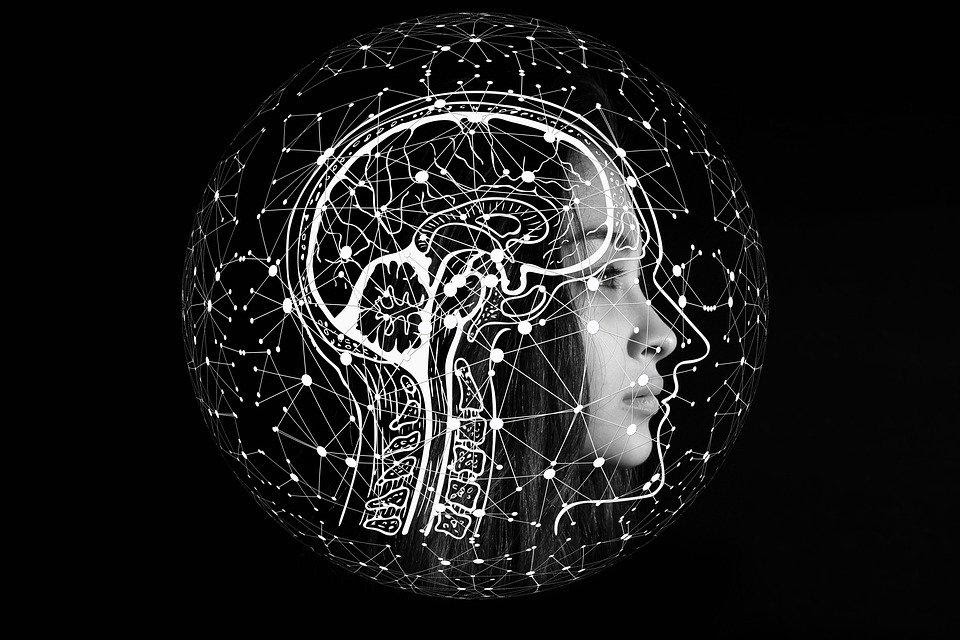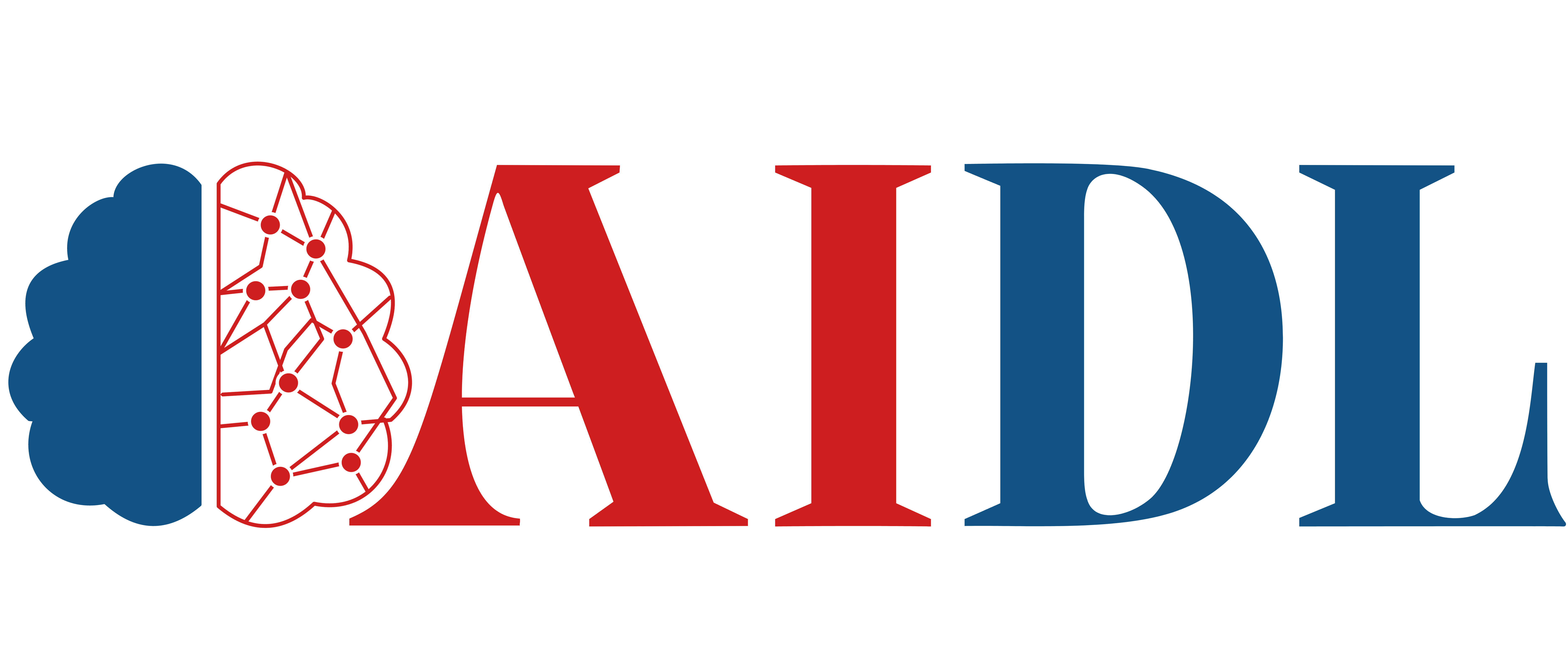
Artificial Intelligence Today
AIDL_A06
Artificial Intelligence is now mature enough to penetrate as a “horizontal” method of dealing and solving problems in a wide range of various scientific fields such as Telecommunications, Healthcare, Energy, Fault Diagnosis, Space Exploration, Legislation, Art, Services (“Smart Cities”, “Smart Homes”), Agriculture and Foodsector, etc. In any of these fields, Artificial Intelligence operates either complementary or in combination or even alternatively to the “conventional” methodologies, offering the desired features of speed and accuracy in the automated result extraction and decision making.This course aims to be a forum where representative important scientific fields of Artificial Intelligence exploitation are presented and its relative advantages compared to the conventional methods on each field are analyzed. The course content, providing an initial list of topics, is dynamically formed as a series of lectures covering various topics of state-of-the-art technologies and methods, reflecting the “now” of Artificial Intelligence, staffed with invited experts, scientists and professionals from each relevant field.
- Introduction : AI and its interconnection with other scientific fields (C. Patrikakis)
- Topic 01 : AI and education: current state and prospects (Μ. Rangoussi)
- Topic02 : Robots extended from home until Mars (G. Nikolaou)
- Topic 03 : AI and next generation data communications (S. Livieratos, S. Mitilineos)
- Topic 04 : Application of AI on Agriculture and livestock farming (C. Patrikakis)
- Topic 05 : AI and culture heritage protection (Th. Ganetsos)
- Topic 06 : Applications of AI and Deep Learning in Electric Power Systems (C. Psomopoulos – Machine Learning, S. Kaminaris Artificial Intelligence)
- Topic 07 : Advances in multimedia and communications – entertainment (C. Patrikakis)
- Topic 08 : Smart cities and quality of life – citizen security – Society 5.0 (C. Patrikakis)
- Topic 09 : Smart assistants and chat systems (C. Patrikakis)
- Topic 10 : Advances in industry and Industry 4.0 (P. Papageorgas)
This course is using project-based assessment. Students are asked to study and present a topic taken from the world news, literature, economic-technical-social studies, based on the educational material provided by the instructors, regarding the application and the future of AI. Grade is based on the level of use of resources/ references, style of presentation of the topic (80%) and evaluation of an in-person presentation of their project (20%).
- Understand the role of artificial intelligence as a horizontal problem-solving method in different scientific fields, including how it complements or replaces conventional methodologies.
- Comprehend the benefits of artificial intelligence in terms of speed, accuracy, and automated decision-making across various domains.
- Utilize artificial intelligence as a tool to enhance decision-making and problem-solving in real-world scenarios within a chosen domain.
- Analyze and compare the advantages of artificial intelligence methods when contrasted with conventional approaches in specific scientific fields, evaluating the trade-offs and limitations.
- Critically assess the impact of artificial intelligence on improving outcomes and efficiency in diverse domains.
- Evaluate the effectiveness and appropriateness of artificial intelligence applications in different domains and assess their potential for future developments.
Course Features
Course type: Major
Semester: 1st
ECTS: 3
Duration: 13 weeks
Courses: In class lectures + online
Language: English
Assessment: Project based
Instructors & Invited Lecturers
Professor Spyros Livieratos
Department of Electrical Engineering and Electrical Engineering, ASPAITE
